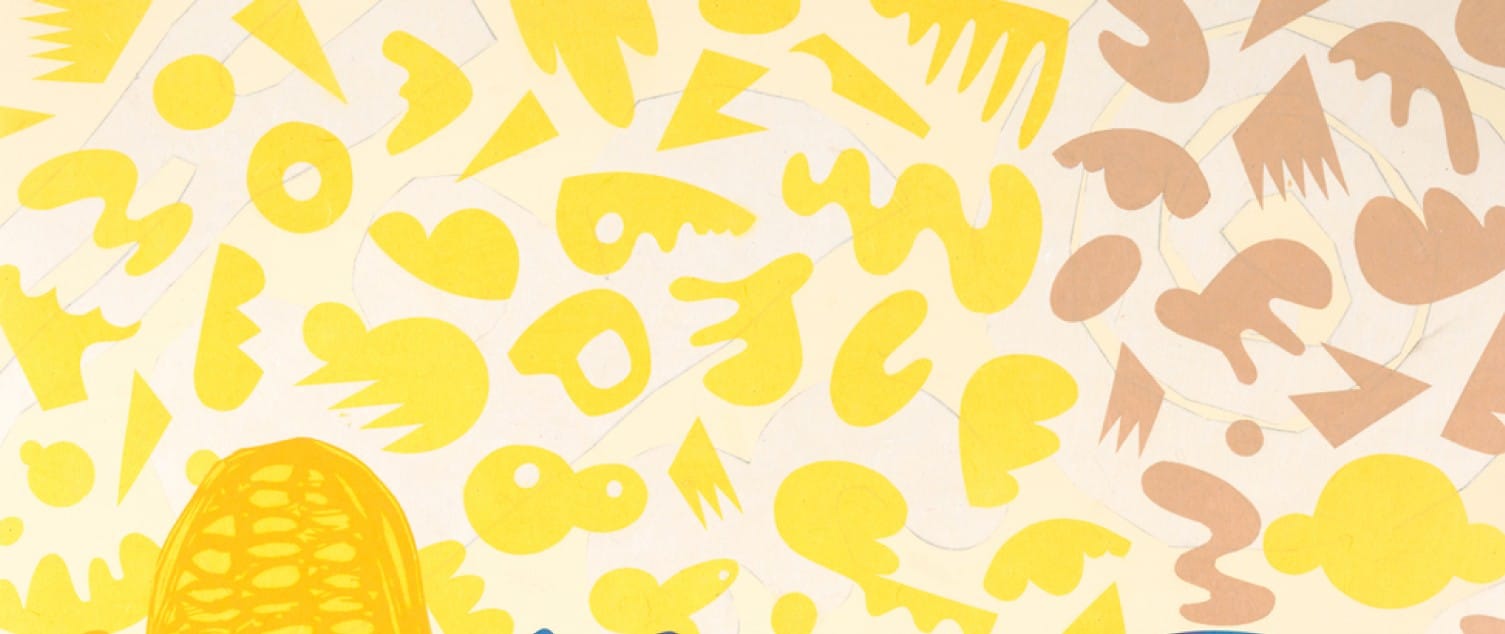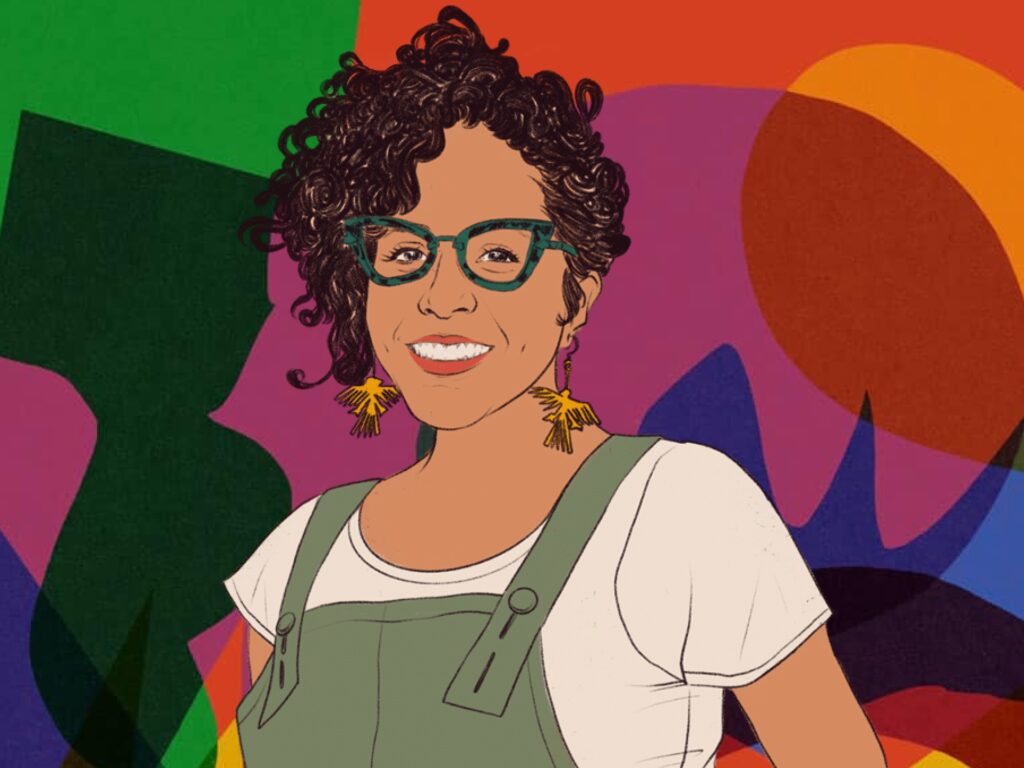Nothing influenced Favianna Rodriguez quite like the story of the Black Panther Party. Founded in her hometown of Oakland, California in October 1966, the Panthers formed because of ongoing police brutality, civil rights violations and community disenfranchisement. Their efforts left an indelible mark on Oakland’s residents and culture.
“When I was coming up as a teenager I was inspired by the Panthers and eventually met Emory Douglas, who used to draw the covers of the Panther newspaper. The Panthers would tell me about artists who died extremely poor,” she says. “They didn’t have ways of being cared for despite everything they had contributed to the movement. … I recognized how artists’ work could be devalued. That really impacted me.”
For Rodriguez, the Panthers instilled in her the unshakable faith that she could change the world. “I’ve been an activist since I was 15 years old in the Bay Area,” Rodriguez says with a smile. “You really can’t not be an activist. The culture makes you an activist.”
Rodriguez is an interdisciplinary artist and founder of The Center for Cultural Power, a nonprofit that ignites change at the intersection of art and social justice. The Kresge Foundation’s Arts & Culture Program has funded Cultural Power since 2019. Cultural Power and Rodriguez have been instrumental in building a cultural strategy ecosystem that supports Black, Latino and Indigenous artists in the U.S.
In 2011, the year she founded the organization, Rodriguez received a grant to invite artists to the U.S.-Mexico border in Arizona to join the national call for migrants’ rights at the height of the state’s deportation law.
“It wasn’t about telling artists, this is what you have to do,” says Rodriguez. “It was about trusting artists, trusting their body of work.”
“It was about trusting artists, trusting their body of work.”
Bringing together filmmakers, writers, comedians and other visual artists led to greater awareness of migrants’ rights, including prompting singer John Legend to perform at the border in 2017.
Now, Rodriguez says immigration remains one of the most important issues of our time.
“I’m the daughter of immigrants, and I’ve experienced anti-immigrant culture since I was a teenager,” she says. “It’s been over 30 years of witnessing how electeds in this country, leaders in this country, scapegoat immigrants while they exploit immigrants. Immigrants pay billions in taxes. They sustain our entire food system. So, I’ve been committed to immigrant rights because I’ve experienced how harmful dominant narrative can be.”
“I’ve been committed to immigrant rights because I’ve experienced how harmful dominant narrative can be.”
Rodriguez noticed early in life how culture can shape anti-immigrant policies. “I didn’t grow up with Dora the Explorer. I grew up with Speedy Gonzalez and other harmful stereotypes.”
“This inspires me to double down on my own pro-migrant art, to show that migration is something we have all done as human beings since the beginning of time.”
In one of her campaigns, Rodriguez declares, “Migration is beautiful.” She describes it this way: “The Earth has no borders, nature has no borders, I wanted to create something that is a symbol and an opportunity for us to reimagine what it means to honor, respect and care for people when they leave their homelands in search of a better life.”
This April, Rodriguez stepped down from her role as president of the Center to focus on her own artistic practice, and to mentor artists to become activists.
“For a long time, I’ve been in a place of leadership and in creating containers for people to collaborate, and those containers are now solid,” she says, “I feel great about what I built over 14 years. And now I want to return to my own art, and continue to inspire artists in other industries, especially in film, TV, and entertainment.





